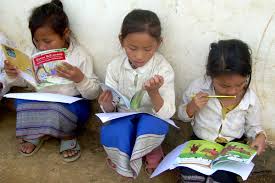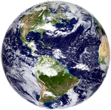How to Read a Document: Ask 20 Questions
5,202 views
 Knowing how to read documents in a sensitive and analytical manner is a skill that has wide application in career and personal situations. Techniques for evaluating documents can also be used to interpret objects of material culture and art. Here are 20 questions that can help us analyze documents. While they can be applied systematically, asking them randomly in brainstorming fashion may lead to even more rewarding outcomes.
Knowing how to read documents in a sensitive and analytical manner is a skill that has wide application in career and personal situations. Techniques for evaluating documents can also be used to interpret objects of material culture and art. Here are 20 questions that can help us analyze documents. While they can be applied systematically, asking them randomly in brainstorming fashion may lead to even more rewarding outcomes.
- What kind of document is this?
- When and where was it written? What were the circumstances?
- Who is the author, or what can we infer about an anonymous author?
- Who is the intended reader?
- What is the message?
- Why was it written?
- How original, informative, and relevant is it?
- What assumptions does the document contain?
- How authentic is the document? Are there issues concerning translation, versions, editing, or the pathway by which it was transmitted to us?
- What is missing that might or should have been there?
- Might the document be a form of disinformation?
- What do we know about the outcome that the author might not have known?
- How have experts and others interpreted this document?
- What mistakes are people apt to make in interpreting this document?
- If the document contains internal contradictions and complexities, what are the various possible interpretations that we can make?
- Does the document contain inserts of deeper meaning that the writer does not understand?
- If the document records spoken words, what might have been the tone and delivery of that speech?
- Even if the source is problematic, does the document still contain credible, useful information?
- Does the document provide insight into other topics than the main one it appears to address?
- Can anything in our personality or background knowledge help us interpret this document?
*****
Kenneth J. Dillon is an historian who writes on science, medicine, and history. See the biosketch at About Us.
5,202 views
